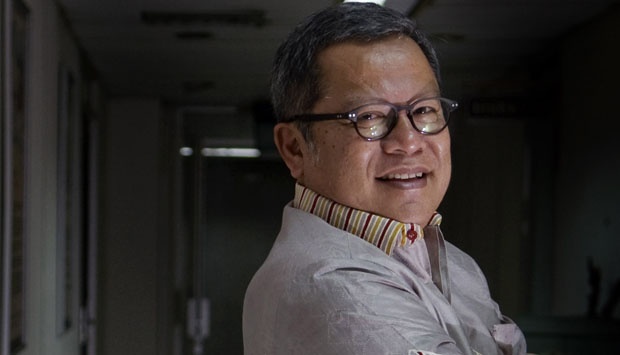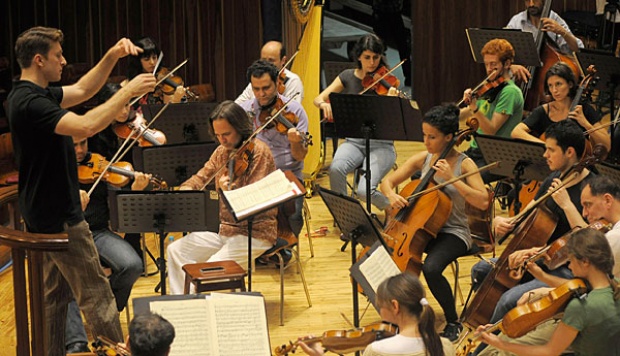
TEMPO.CO, Jakarta - Mannis Van Oven was shocked at the results of the genetic research on the Nias ethnic group. The molecular biologist from Erasmus MC University’s Medical Center in Rotterdam, the Netherlands, discovered that the genes of the Nias people differed from other ethnic groups in Indonesia. Instead, Nias has blood ties with the Taiwanese located some 3,500 kilometers away.
"Genetically, the Nias people are similar to the Austronesia group that inhabited Taiwan around 4,000 to 5,000 years ago," said Van Oven during his scientific lecture at the Eijkman Institute for Molecular Biology last April.
Van Oven discovered this unique characteristic about the Nias ethnic group after a 10-year study. He gathered 407 blood samples from 11 clans or tribes spread across Nias. The blood samples were sent to Germany for DNA extraction and then to Rotterdam to be analyzed.
The DNA of the Ona Niha – the local name for the Nias people – had limited diversity. Only two Y chromosome genetic markers were discovered (O-M119 and 0-M110). The only other race that consisted of these two genetic markers were the Taiwanese aborigines who initiated the spread of the Austronesia race that currently reside in Madagascar, Southeast Asia, Papua, and Easter Island.
In comparison, Van Oven also analyzed the blood of the Karo and Batak ethnic groups and discovered more diversity in their DNA markers. These two ethnic groups, geographically located nearest to Nias Island, do not possess the two genetic markers the Nias people do.
The comparison study included 1,500 samples from 38 populations in East Asia, Southeast Asia, Melanesia, Polynesia and Australia to confirm Ono Niha’s DNA diversity.
"The genes of the Nias people were most similar to the populations in Taiwan and the Philippines," explained Van Oven.
His conclusion was supported by genetics expert Professor Herawati Sudoyo. Through the Pan-Asian SNP Initiative, the Eijkman Institute deputy director mapped out the DNA of Indonesian ethnic groups and discovered that Indonesia does not only consist of two major overall ethnicities – Malay in the west and Papua in the east – but also has a third major ethnicity group.
Herawati believes its isolated geographical location enabled the Nias people to maintain their unique genes. Their culture of only marrying one of their own contributed to this condition.
"They only marry other Nias people so their genetic material does not spread," she said. Other tribes in Indonesia show more diverse genetic trends. This condition signifies a severe genetic bottleneck event in the history of the Nias people.
MAHARDIKA SATRIA HADI | ANTON WILLIAM






















